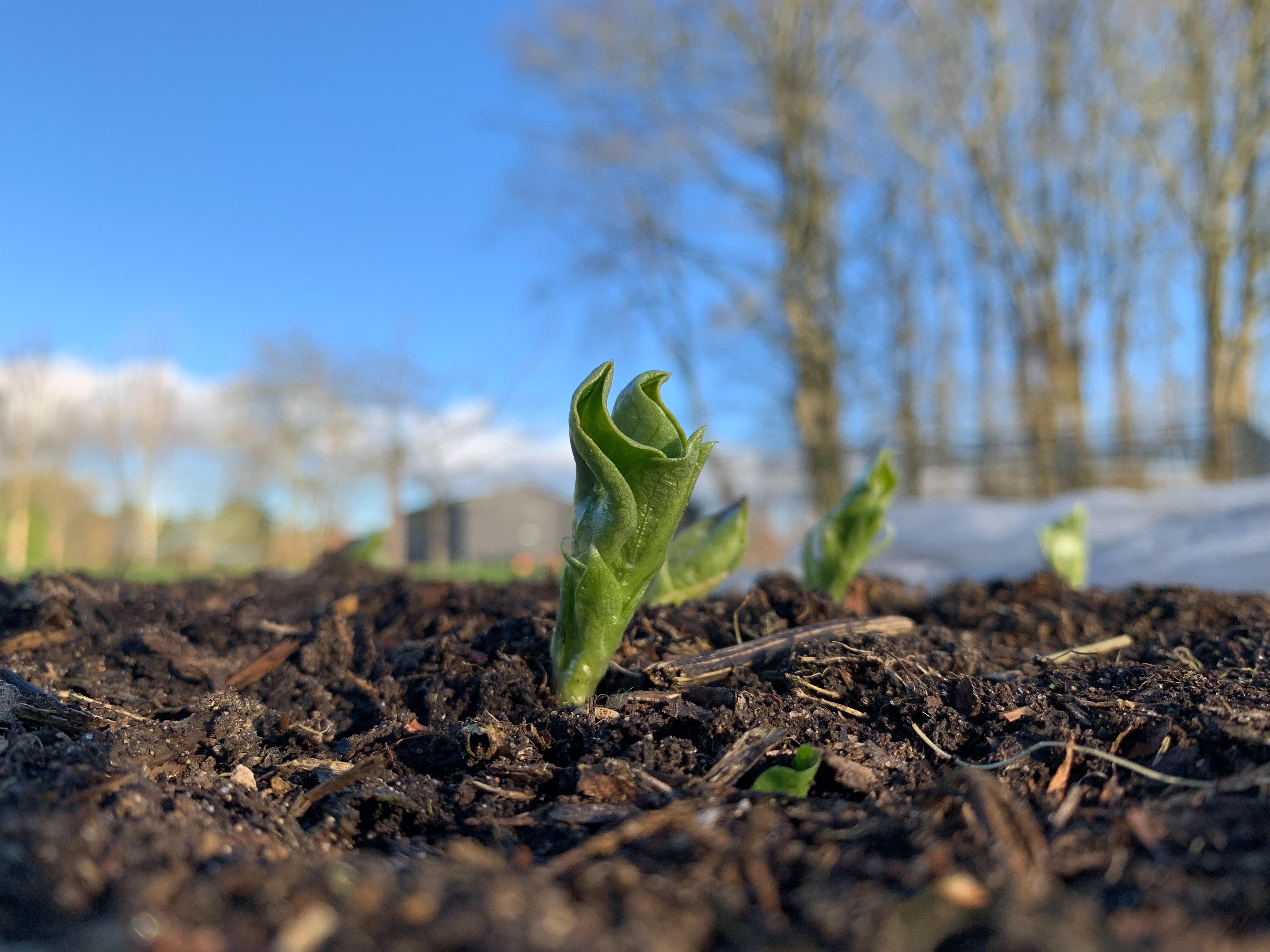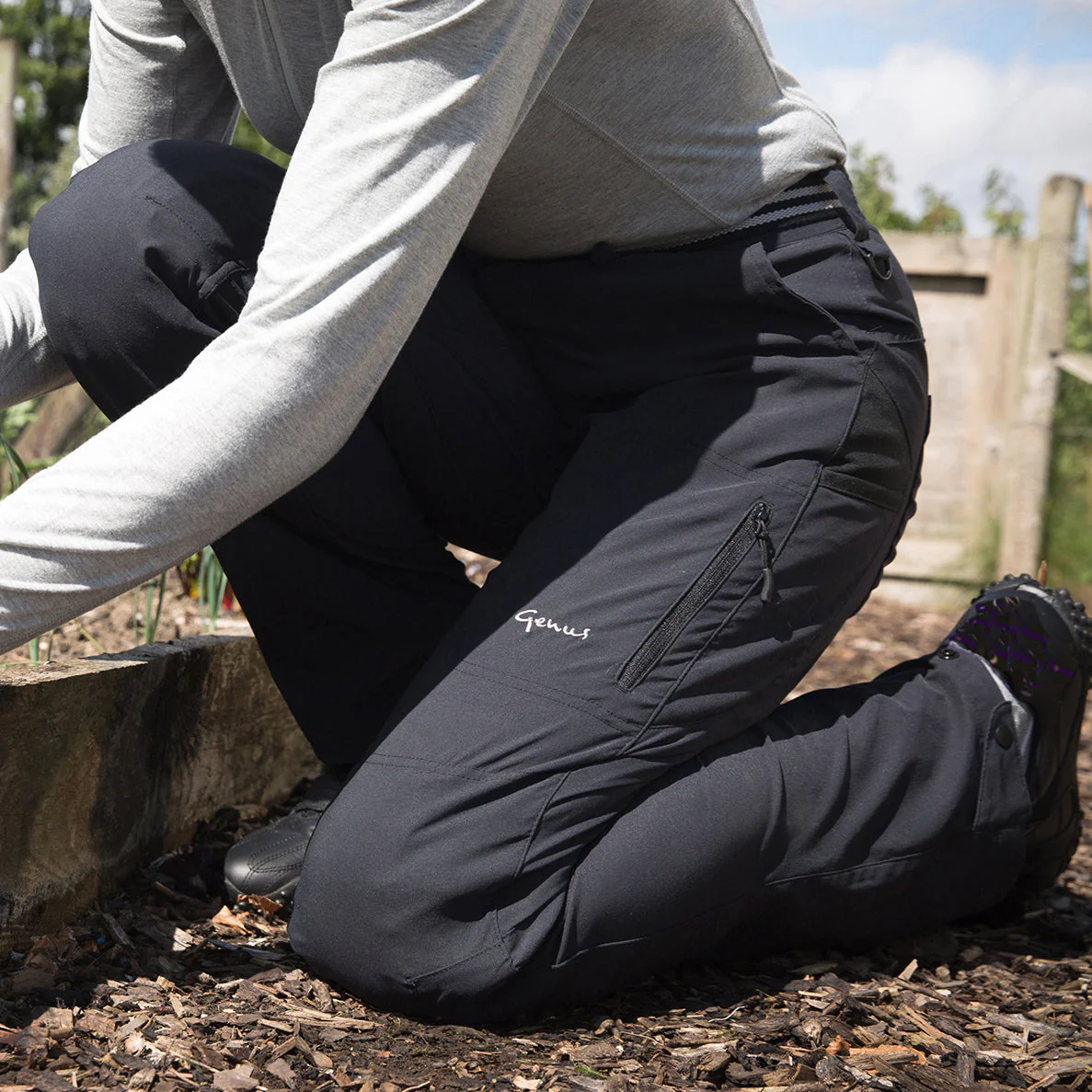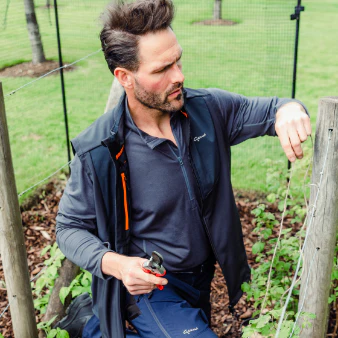Bean busy

Back in early December, 10:35 am on the 8th to be precise, we sowed four rows of broad beans in the Genus vegetable garden. Through all the recent cold, freezing, wet weather those seeds have been busy, first unfurling their large fleshy cotyledons followed by an exploring rootlet. They turned a blind eye to the harsh conditions and proceeded to head towards the light. What makes it even more remarkable is that we always plant our broad bean seeds incredibly deep; a spade's depth. It’s an old trick we learnt from a local farmer who used to broadcast the seed and then plough them in. Most of those seeds would have ended up at least a foot underground but large fleshy bean seeds have the reserves to force through the cold winter soil whatever the weather. An advantage of this method is that if, after emerging, the young plants get killed off by exceptionally cold and wet conditions the portion of the plant remaining protected underground will send out more shoots when the weather has improved.
Probably the hardiest variety, we sow ‘Superaquadulce’ which doubles our chances of a successful crop. Direct sowing also removes the need to bring them on in pots, harden them off, and line them out as young plants. Following an experiment we carried out last year, direct sown beans gave by far the best crop.
It’s still not too late to get yours in if you’re itching to get going on the sowing front.











